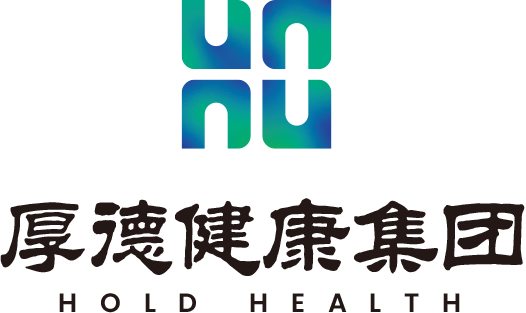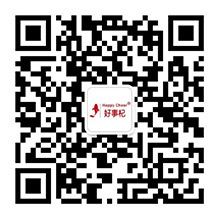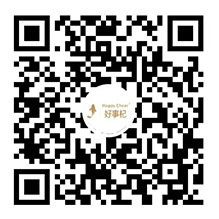Acupuncture
Acupuncture is a combined term for acupuncture and moxibustion. It is a medical technique that treats internal diseases externally by stimulating acupoints on the body's surface and using the conduction of meridians throughout the body to adjust the functions of Qi, blood, and internal organs, thereby achieving the purpose of "supporting the positive and removing the evil" and "treating diseases and promoting health."
01 Does acupuncture hurt?
Acupuncture treatment sometimes causes pain, but it is generally tolerable. Patients may describe the feeling as "aching, numb, and slightly painful, but bearable." Others might say, "Doctor, have you already inserted the needles? I don't feel anything, it doesn't hurt at all."
These differences in sensation are related not only to individual factors but also to the acupoints being needled. For instance, acupoints in the abdomen (such as Tianshu and Guanyuan) are generally painless due to the thicker abdominal fat, while the pain sensation is slightly stronger when needling acupoints at the extremities (such as Shaoshang and Hegu).
For more sensitive patients, we will fully communicate with them before acupuncture treatment, informing them of the possible sensations such as "sourness, numbness, swelling, heaviness, and pain." This helps alleviate their anxiety. We also carefully select acupoints. Generally speaking, the pain experienced during acupuncture treatment is tolerable.
02 What are the benefits of acupuncture?
Acupuncture is a traditional Chinese medical therapy that can stimulate the body's meridians and acupoints to achieve disease prevention and treatment, and promote health.
Here are some common health benefits of acupuncture:
1. Pain relief: Acupuncture can regulate the nervous and endocrine systems to relieve pain in various parts of the body, including headaches, back pain, neck pain, and arthritis.
2. Improve sleep: Acupuncture can balance the body's biological clock and autonomic nervous system, improving sleep quality and sleep onset latency. Ensuring sufficient sleep helps the body recover.
3. Regulate bodily functions: Acupuncture can improve the abnormal states of the digestive, respiratory, circulatory, and immune systems, thereby achieving bodily balance.
4. Improve immunity: Acupuncture can strengthen the body's immunity and promote the production of white blood cells, thereby increasing the body's resistance.
5. Improve mood: Acupuncture can regulate one's psychological state, relieving negative emotions such as anxiety and depression, thereby maintaining mental health.
03 Precautions after acupuncture treatment?
1. After needle removal, do not immediately get out of bed; rest for a while and move your limbs.
2. After acupuncture, observe the punctured area for bleeding. Wait for the doctor to count the needles to prevent leaving needles behind. Sometimes bleeding at the needle puncture site is normal; gently press with a cotton ball to stop bleeding.
3. Do not take a bath immediately after acupuncture, but it is fine after 5-6 hours as the skin damage caused by acupuncture will have healed by then.
4. Avoid water contact with acupoints: Contact between water and local needle holes or open pores may cause local skin infection. It is recommended that patients keep the acupoints clean after treatment and avoid contact with water.
5. Get enough rest: Some patients experience adverse reactions such as nausea and fatigue after acupuncture. After acupuncture treatment, patients should avoid strenuous exercise and get enough rest to prevent aggravating adverse reactions.
6. Pay attention to diet: Do not overeat or drink alcohol after acupuncture. Avoid raw, cold, spicy, and irritating foods; eat light and easily digestible foods.
7. Keep warm: Generally, after acupuncture treatment, blood circulation accelerates, and pores open, making the body susceptible to wind-cold evils. Therefore, patients need to keep warm after acupuncture, avoiding direct exposure to air conditioners or fans to prevent harm.
8. Adverse reactions: If redness and swelling occur at the acupuncture site and does not subside for a long time, seek immediate medical attention.
04 Who is not suitable for acupuncture treatment?
1. Acupuncture should be avoided when excessively hungry, tired, or under high mental stress; it is easy to experience fainting during acupuncture or moxibustion.
2. Acupuncture should not be performed on areas with skin infections, sores, scars, or tumors.
3. Acupuncture should be avoided for those with bleeding disorders, spontaneous bleeding, or who have difficulty stopping bleeding after injury.
4. Acupuncture should be performed cautiously for the elderly or young and frail; consult a physician before treatment.
5. Patients should inform their doctor in advance if they are menstruating, pregnant, or postpartum.





